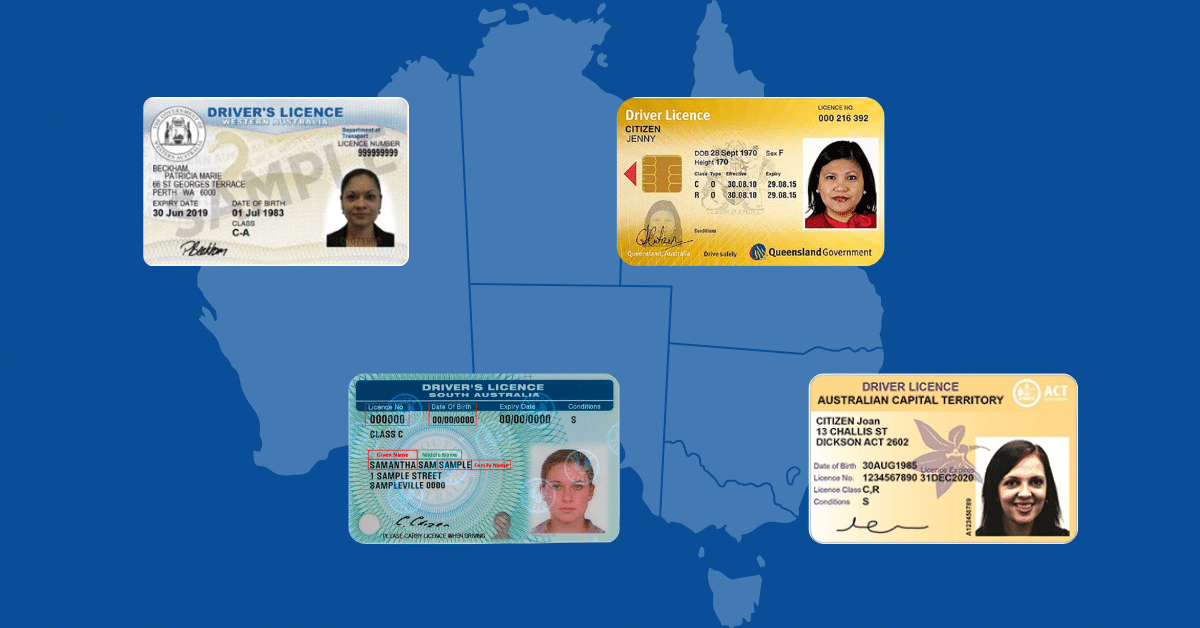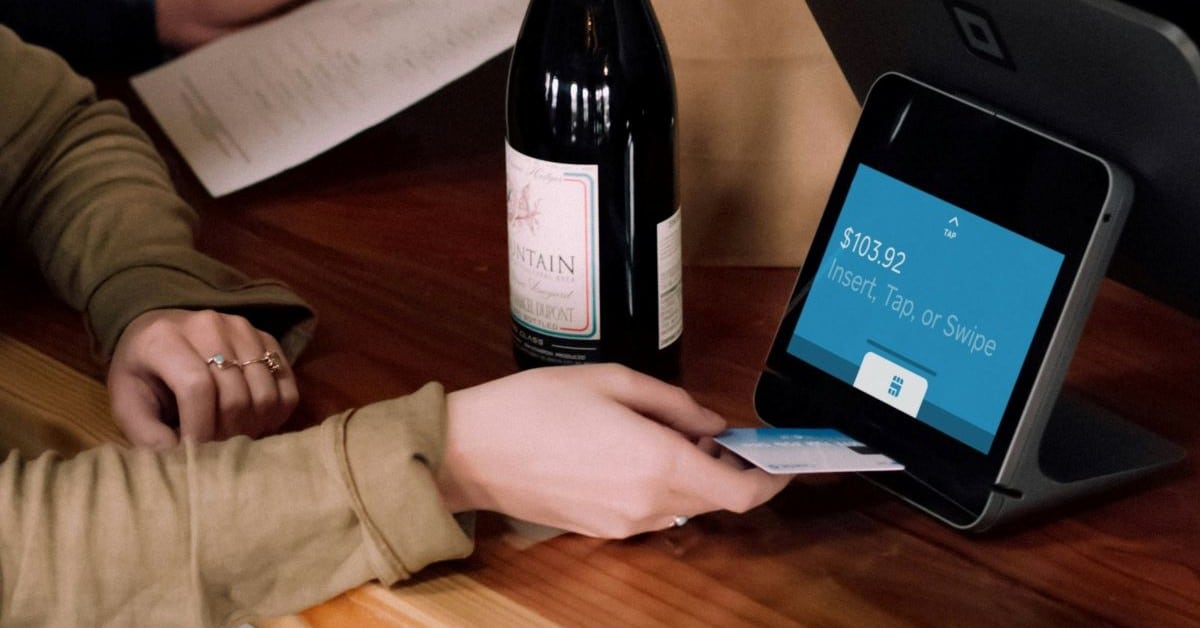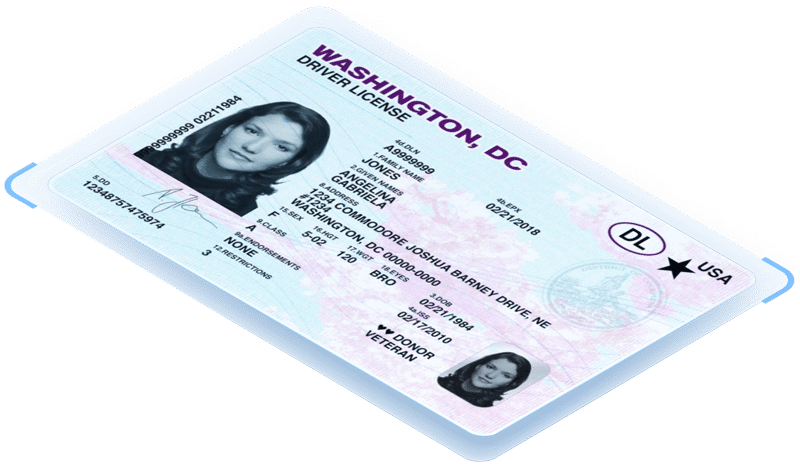Last updated on July 23rd, 2024 at 09:18 am
Protecting children is always a key topic at the forefront of the American media cycle, especially in our current political climate. Legislators across the country have been enacting new laws and rules aimed at protecting minors from a range of influences, which is where digital age verification comes into play.
Many of these new laws include identity verification components that require ID scanning for purchase of tobacco, alcohol, or cannabis. The newest trend is: age restrictions to access online pornographic websites. As a Louisiana-based company, we have had a birds eye view to the nation’s first law requiring digital age verification for internet browsing.
Louisiana Act No. 440, prohibits anyone under the age of 18 from accessing “adult” websites. The law went into effect on January 1, 2023. The law states that “reasonable age verification methods” must be taken to ensure a person seeking access to pornographic material is 18 or older. This means requiring the person attempting to access pornographic material to either provide a digitized identification card, or to comply with a commercial age verification system – more about what that means later…
Act 440 states that pornography is a public health crisis for young viewers due to the hyper-sexualization of teens that may lead to low self-esteem and body image issues. The act also states that entrance into these sites leads to increased problematic sexual activity at younger ages and an increased desire to engage in risky sexual behavior.
“This bill is about protecting our children, not limiting adults.”
Louisiana Rep. Laurie Schlegel, Twitter
The law now requires websites with at least 33.3% pornographic material to implement age verification measures for those located in Louisiana. Traffic to adult websites is, by some estimates, nearly 30% of total web traffic. So this regulation is broad-sweeping and likely to impact a large majority of adult internet users in the state.
What is the current process for identity verification to access adult websites in Louisiana?
Visit Pornhub in Louisiana and here’s what you’ll see. A CTA inside the PornHub website kicks you out to an external page for a site called AllPassTrust.
The AllpassTrust website asks you to create an account or login and take part in digital age verification. For those living in Louisiana, this can be linked to your LA Wallet to confirm identity and age. Upon verification by whichever method you choose, you should then be able to access your desired website.
So who is AllpassTrust?

Little is known about the company other than they are registered in the country of Cyprus and have made a business based on providing access to age restricted websites. They are owned and operated by MG FREESITES LTD, also registered in Cyprus.
The privacy policy on MGfreesites website states that they may collect several types of information from and about users of their applications including name, email address, billing information, passwords, or other online contact information. Obviously, by virtue of age verification they are also gaining access to crucial PII contained in a driver’s license. MGfreesites LTD also notes that they can collect the information by you directly providing it to them, when the app is downloaded (whether consensual or not), and even from third party companies or other applications controlled by MGfreesites or their affiliates.
Who are they and what are they doing with our information? Do Louisiana citizens want their personal information exposed to a company in Cyprus, not subject to US data protection or privacy laws?

Edit: We have received confirmation that AllPassTrust is owned by MindGeek, which Financial Times recently accused of being the true owners of multiple porn sites like PornHub, Brazzers, RedTube, and YouPorn based on public financial records.
If this is true, that would mean the very people that are verifying the ages of consumers to ensure they are over 18, are the same people providing the content in the first place. So you’re giving all of your personal information to the porn sites to verify you are in fact 18, but can this even be trusted? Why would they want to ensure accuracy of age when they stand to make a profit off of users being on their website? And do we want businesses that are in the business of hosting and sponsoring adult content holding sensitive PII of its users?
How minors are circumventing digital age verification
As with most things, children and teens will quickly find workarounds.
Use of borrowed or fake IDs
One such method to circumvent these new porn restriction laws would be to borrow the ID of someone who is 18 or older and use it to enter your desired site.
Use of VPNs
Tech savvy minors can also just use a different VPN (Virtual Private Network) which allows people to have a private, encrypted connection online. The VPN would make the user appear as if they are accessing the website from a location other than Louisiana.
Accessing adult content via the dark web
While mainstream sites like PornHub and RedTube have the funds and compliance-mindset to comply with laws such as Louisiana 440, smaller, more niche sites, especially those accessed via Tor, may not. This creates a digital landscape in which minors may be motivated to seek out sites that do not require digital age verification. This may lead them to view more subversive, damaging, or even potentially illegal material. Or access sites that contain malware and viruses.
Legislators must consider that children and teens are digital natives and will find ways to work around these restrictions.
What exactly does “digital age verification” entail?
Louisiana Law 404 states that adult websites must perform “reasonable age verification”, but what does “reasonable age verification” actually entail? We’ve all visited an eCommerce store selling liquor or cigarettes and clicked the “yes, I’m over 18 button.” So how far do these new laws require that websites go to verify age? Do local legislators truly understand the steps required to verify age with a high degree of confidence? Or is their definition of age verification meant just as political theatre.
Digital identity verification overview

The first step to any digital identity verification process is to scan and parse the ID presented – either a 2D barcode or machine readable zone (MRZ), as both of these symbologies contain the date-of-birth, which will be required to determine if a user is 18+.
If the user is presenting a driver’s license or ID card, you will also want to capture the front of that document to ensure the information in the barcode matches the text on the front of the ID.
The ID verification process can be embedded inside the onboarding workflow for the adult website, or accomplished via SMS , which would send an identity verification request to the user’s phone – a lower tech lift for smaller porn sites.
Once the document is verified, the app then prompts the user to do a facial matching process to ensure that the person scanning the ID is the same person trying to enter the website. The app creates a 3D mesh model that combines anti-spoofing and liveness checks to ensure accuracy and validity. Once these quick and easy steps are completed, the user could then be allowed onto the adult website.
But both of these steps are needed to perform true age verification and reduce easy workarounds. This brings up several PII concerns as both ID information, and facial mapping, are required to perform “reasonable age verification” in any instance.
PII and data retention concerns
While ID Scanning and Face Matching are the most accurate and effective methods of preventing minors from accessing porn websites, it will likely raise concerns regarding data privacy and protection. Luckily, our Digital Identity Verification solution is easily customizable to set limits on the type of data that can be stored and for how long. It would be up to lawmakers to set restrictions as to what data can be collected and how long it can be stored, which is already in place in Louisiana, but the technology to protect personal information is already in place from a technological standpoint.
Other states looking to add solutions: Utah, Arkansas
Although Louisiana was the first state to pass legislation enforcing age restrictions to enter porn sites, two other states already have legislation in the works; Utah and Arkansas.
Utah
Utah’s newest proposed bills are H.B. 311, proposed by Rep. Jordan D. Teuscher and S.B. 152, proposed by Senator Michael K. McKell. These bills regulate and enact provisions to various computer platforms and social media sites. Both bills would limit internet access for minors using age verification methods.
Utah already has a law on the books – signed by the governor in 2021 – that would require cell phones and mobile devices sold in the state to come with porn pre-blocked. So the traditionally conservative state has already pushed forth measures to auto-restrict access. However, the bill only goes into effect if 5 other states pass similar measures. The feasibility of auto-blocking all adult-content at the device level is murky.
South Dakota
South Dakota proposed HB 1257, introduced by Representative Soye. It would require all websites containing material harmful to minors to employ “reasonable age verification” methods. Failure to verify the age of an individual attempting access to said websites may result in a parent or guardian bringing legal action against the entity in which they shall recover damages of $5000 for each separate instance. It has also been specified in the body of the bill that any identifying information required for the age verification process may not be retained.
Arkansas
Arkansas is even further in the process of content restriction for minors. Senate Bill 66 was passed by the Arkansas senate on January 31, 2023. This bill would also require commercial entities displaying pornographic material to use “reasonable age verification methods” which are the same methods as those listed in Louisiana. Also similar to the Louisiana legislature, the bill claims that pornography is “creating a public health crisis and contributing to the hyper’sexualization of minors.” The language is so similar, we suspect the same lobbying groups may be involved in passage of the bill.
Sen. Tyler Dees (one of the bill’s sponsors) said the bill was needed to protect children, stating:
“When I look at my children – – I’m a father of three young kids – – and I see technology advancing, and the way I describe it as a weapon. It’s a sword, and it can be used for good or it can be used to cut off your own arm.”
Sen. Tyler Dees
Federal level
In December 2022, a major update to well known child online protection laws (COPPA) was proposed. This law could potentially lead to broad legislation that means age verification for adult websites at the federal level. Leading to a Louisiana-like experience for all consumers. Senator Josh Hawley has come out in favor of banning social media use for anyone under 16, and requiring social sites to perform age verification.
Utah Senator Mike Lee also introduced the SCREEN Act (Shielding Children’s Retinas from Egregious Exposure) back on December 13th, 2022. This would direct the Federal Communications Commission (FCC) to issue a rule requiring all commercial pornographic websites to adopt age verification technology to ensure nobody under the age of 18 can access pornographic material.
Our digital identity verification solutions
New laws and restrictions always pose new challenges for companies to ensure they remain compliant, but our team is always happy to answer any questions. For more information on how DIVE API works, contact our team to see for yourself just how effective our solutions are.





